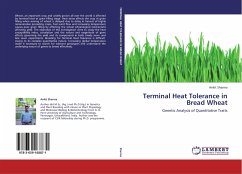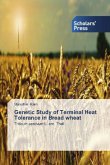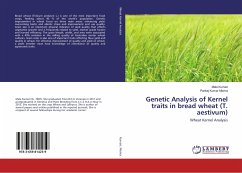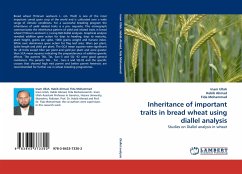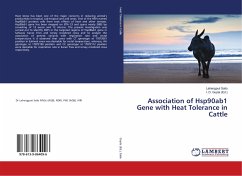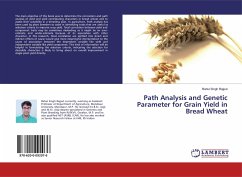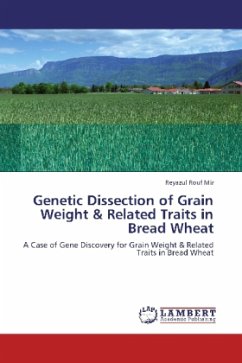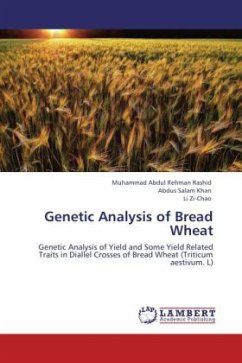Wheat, an important crop and widely grown all over the world is affected by terminal heat at grain filling stage. Heat stress affects the crop at grain filling when sowing of wheat is delayed due to delay in harvest of highly remunerative preceding crops. Fast wind flow and increasing temperature causes poor grain filling by affecting the wheat physiological mechanisms affecting yield. The objectives of this investigation were to study the heat susceptibility index, correlation and the nature and magnitude of gene effects governing the yield and its components in both timely sown and late sown experiments. Breeding for Terminal Heat Tolerance is difficult owing to its complex quantitative nature. Increasing global temperature made it necessary to search for tolerant genotypes and understand the underlying nature of genes to breed effectively.
Bitte wählen Sie Ihr Anliegen aus.
Rechnungen
Retourenschein anfordern
Bestellstatus
Storno

